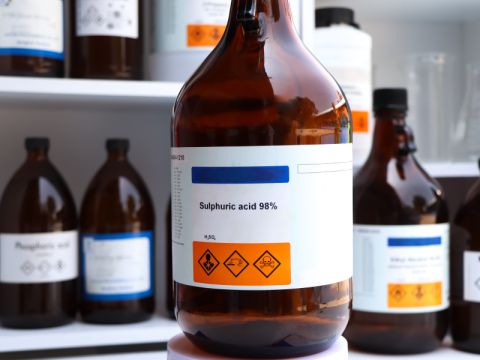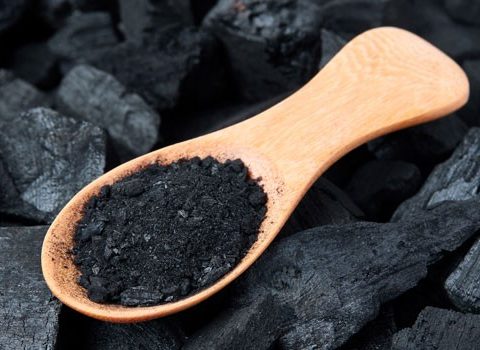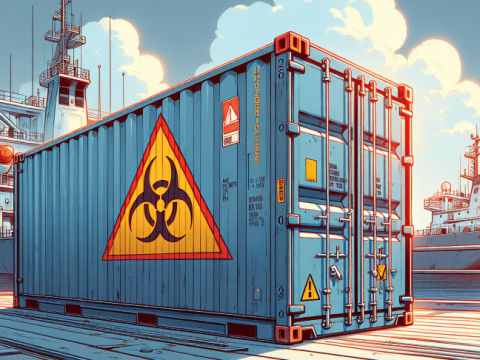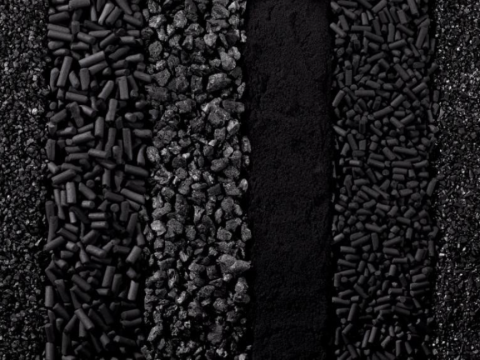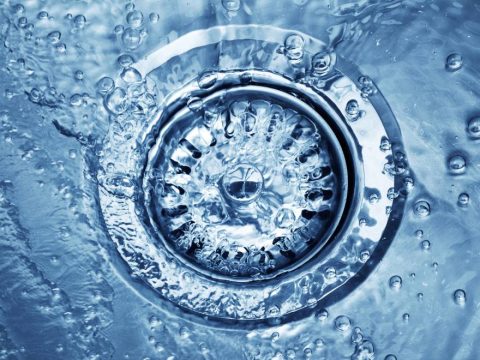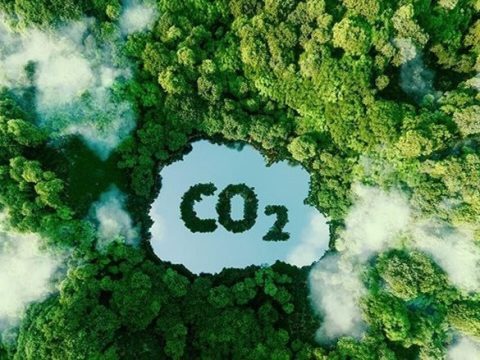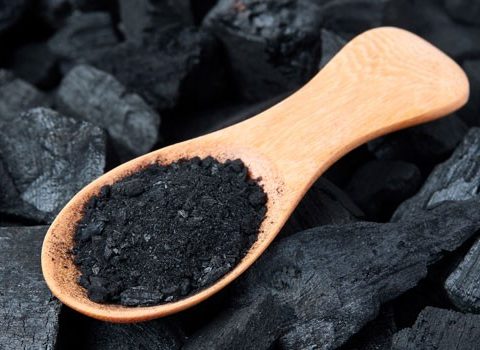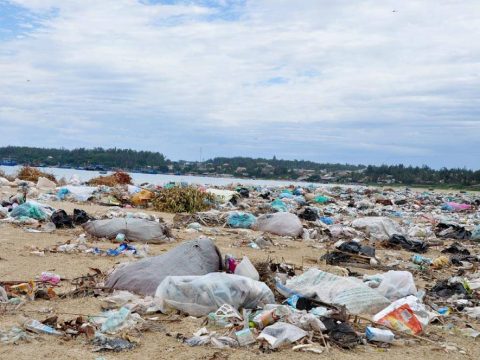Is Fukushima radioactive water a threat to the Pacific Ocean?
Japan’s move will ease the pressure with more than 1,000 storage tanks, freeing up space needed for many other environmental restoration activities. But the plan caused a lot of controversy. Greenpeace is concerned about radioactive substances that can change human DNA, China and South Korea express concern, while Pacific island nations fret about the risk of more radioactive pollution in seawater. . A scientific paper concludes that the total cost of social welfare globally will exceed $200 billion. However, the Japanese government, the International Atomic Energy Agency (IAEA) and many independent scientists insist that the planned dumping is reasonable and safe.
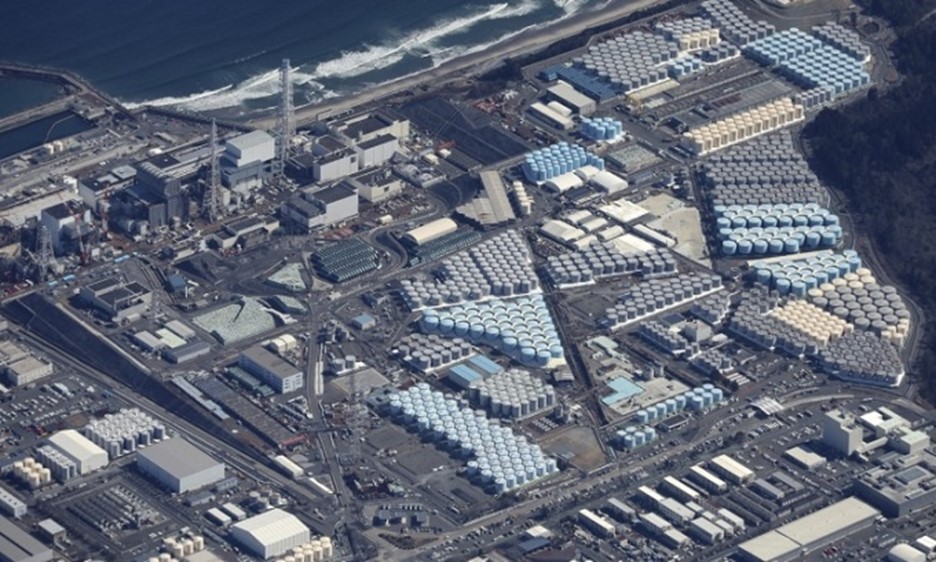
The storage tanks in Fukushima hold 1.3 million tons of water, equivalent to about 500 Olympic swimming pools. Contaminated water is generated daily through reactor cooling. Contaminated groundwater also accumulates in the basements of damaged reactor buildings. The water is purified using ALPS (Advanced Liquid Treatment System) technology. This system removes most of the harmful elements. Treatment with ALPS can be repeated until the concentration is below the specified limit. The IAEA’s independent monitoring will ensure that the wastewater meets all requirements before being discharged into the sea.
The main pollutant remaining after treatment is tritium, a radioactive form of hydrogen (H) that is difficult to separate from water (H2O). There is no technology to remove residual traces of tritium from such large amounts of water. Tritium has a half-life of 12.3 years. Long-term storage will increase the risk of uncontrolled leakage accidents.
The Pacific Islands Forum has established an expert panel to provide independent technical advice and guidance, and to address wastewater concerns. The most important thing for the supervisory board is that the wastewater may need to be treated multiple times through the ALPS until it is safe to discharge into the sea. Some tanks only need to be treated once while others need to go through several rounds.

